Nursing Broadens Its Role
Career Opportunities In an ever-changing field, nurses are required to wear many different hats and to thrive, must brush up on their skills with continued training and learning throughout their careers.

In the field of nursing, one might serve many different roles. Switching between those roles often means seeking additional training, and this is increasingly important for today’s nurses. Even though there were 251,500 registered nurses in Canada in 2012, studies indicate we need many more to meet demand.
“Our patient-nurse ratios are skyrocketing” says Linda Silas, president of The Canadian Federation of Nurses Unions. “We have patients in hallways, and nurses don’t have time to do counselling, teaching, managing chronic disease and rehabilitation. They also don’t have time to work with the family.”
Opportunities are everywhere
There is a huge need for nurses in the Canadian workforce all over the country to alleviate the stress that this imbalance puts on the healthcare system. One particular area of opportunity is the north. Nurses working in frontier settings have always had a broad scope of work dealing with child care, emergency response, intervention, and much more. This is essential since there are so few of them to take care of things.
“If we look at the need for healthcare to be responsive, productive, and efficient, it is important for nurses to have a large scope of practice so they can provide care in the moment and meet patient’s needs in a very timely way,” says Barbara Mildon, president of the Canadian Nurses Association.
"Moving forward, a nurse's duties and responsibilities will continue to expand in response to the changing industry and new technological developments."
Expanding scope of practice
A university degree is required to become a registered nurse in Canada, but to stay sharp in the many roles they must fill, nurses are constantly upgrading their skills with additional training. The growing responsibilities of the profession demand that they become knowledgeable in many different aspects of healthcare administration.
The changes in the industry are largely in response to growing knowledge of what methods work and don’t work. These changes mean that nursing practices today lead to better patient outcomes.
“The actual scope of practice that is defined by our regulations at the provincial or territorial level has also expanded,” says Mildon. “For example, we are looking at certified practises in several jurisdictions. What that means is nurses can do additional care interventions with patients.”
Silas says, “We’re seeing nurses with a lot more possibility to have an expanded role connected to disease management, in rehab, and both in the acute care and home care sector.”
"The growing responsibilities of the profession demand that they become knowledgeable in many different aspects of healthcare administration."
The nurse's new duties
Mildon mentions a new role that some nurses are filling called “nurse navigator.” This is a nurse who has a certain caseload of patients and helps them find the types of care and services they want. It’s allowing patients to have more control over their own quality and type of care.
“This is someone who gets to know their patient’s needs quite well, who acts to find the various referrals that help that patient whether that be a referral to a community-based service, a program of physio, or other kind of allied care. The nurse works with the patient across the continuum of home, hospital, or other care settings,” says Mildon.
Nurses have always played an important role in the healthcare system. Moving forward, their duties and responsibilities will continue to expand in response to the changing industry and new technological developments.


.jpg)
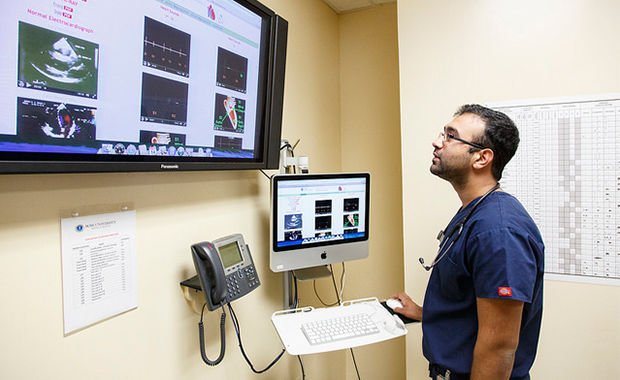

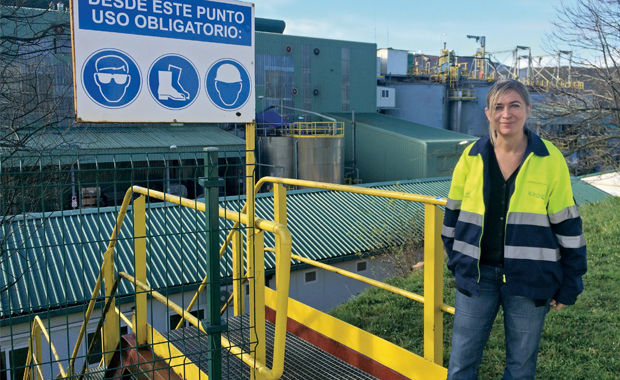


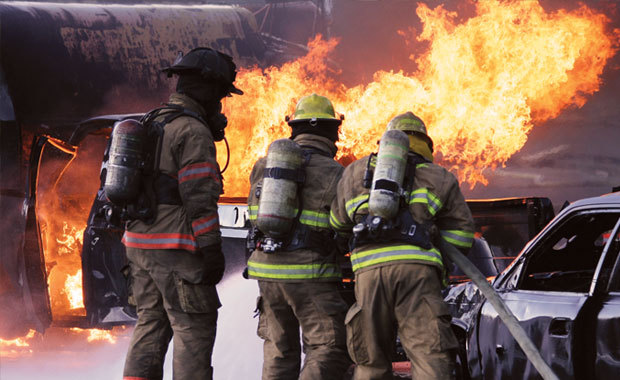



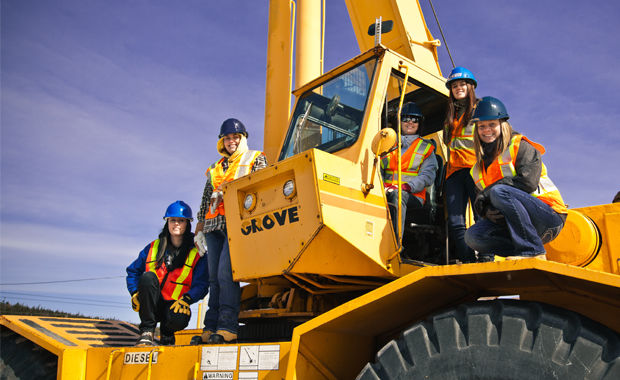

.jpg)
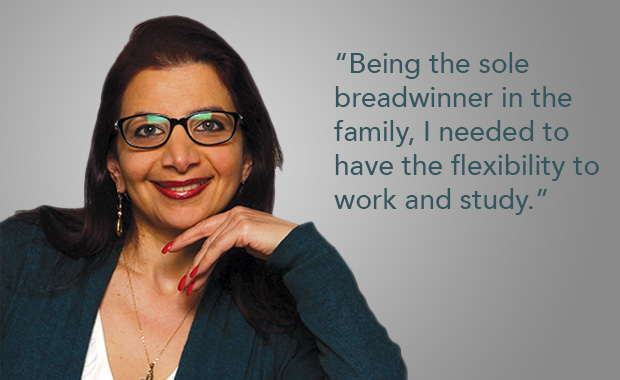









.jpg)




